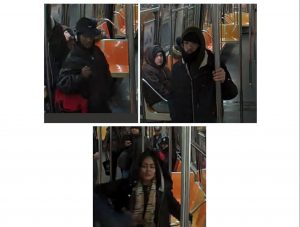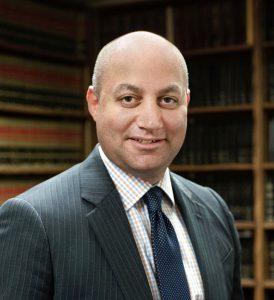An American woman’s claims that Britain’s Prince Andrew sexually abused her when she was 17 will probably be tried in a New York court late next year, if they survive a legal challenge, a judge said Wednesday.
Lawyers for Andrew have asked the court to throw out the civil lawsuit by Virginia Giuffre, who says she was coerced into sexual encounters with the prince in 2001 by the financier Jeffrey Epstein, who killed himself while awaiting trial on unrelated sex trafficking charges.
They said the prince never abused Giuffre and accused her of seeking “another payday” at Andrew’s expense.
U.S. District Judge Lewis A. Kaplan said a trial date would likely fall between September and December 2022, though that could change because of factors including courthouse coronavirus protocols limit how many trials can occur at once.
Wednesday’s conference, conducted electronically, lasted less than 10 minutes and featured only the judge and two lawyers, David Boies for Giuffre and Andrew Brettler for the prince.
Both attorneys said they expected to depose eight to 12 individuals, including Giuffre and Andrew, and a “number of potential witnesses.”
The Associated Press does not typically identify people who say they are victims of sexual assault unless they choose to come forward publicly, as Giuffre has.
Meanwhile, Epstein’s former girlfriend, British socialite Ghislaine Maxwell, is scheduled to go to trial this month on criminal charges alleging she recruited teenage girls for Epstein to sexually abuse from 1994 to 2004. Potential jurors for that trial begin filling out questionnaires Thursday.
Opening statements are scheduled for Nov. 29. Maxwell has pleaded not guilty.
Giuffre has accused Maxwell of being involved in trafficking her to Andrew and other powerful men, but her allegations aren’t part of the criminal case.
Maxwell’s lawyer on Wednesday again asked a court to free her on bail and likened her treatment in a federal jail in New York to what was experienced by the fictional character Hannibal Lecter in the film “Silence of the Lambs.”
Attorney Bobbi Sternheim said in a letter to the judge that although Maxwell, 59, is not being kept in a cage or forced to wear a plastic face guard as Lecter was, the conditions of detention are “reprehensible.”
Sternheim said surveillance of Maxwell at the jail was “disturbing and invasive.”
U.S. District Judge Alison J. Nathan has thrice before rejected Maxwell’s application to be released, even after she offered to post millions of dollars in bail, be guarded around the clock, wear an ankle bracelet and renounce her citizenship in England and France.
Maxwell has had to wear shackles on her ankles and waist and handcuffs on her wrists during court appearances. Sternheim complained that when Maxwell was brought to a courthouse Monday, she was forced to sit alone for hours in a small chilly cell, where she was poked in the leg by a guard when she fell asleep.
In her renewed request for bail, Sternheim said Maxwell has been subjected to physical and emotional abuse by jail guards in a facility where it is difficult to prepare for trial amid unsanitary living conditions, insufficient nutrition and sleep deprivation as guards shine a light into her cell every 15 minutes as she sleeps.
“There are cameras on her constantly, most are stationary, but one camera follows her as she moves throughout the facility, and is constantly surveilling her, even during confidential attorney-client conferences,” Sternheim wrote, saying Maxwell had lost hair and at least 15 pounds (7 kilograms) of body weight.
“Currently, she suffers from headaches and back pain and general physical weakness,” the lawyer said.
She also said her client is subject to numerous pat searches daily and has been touched in a sexually inappropriate manner by corrections officers on multiple occasions.
A message for comment was sent to the Bureau of Prisons media office.
Sternheim said the nightly light interruptions are an overreaction to Epstein’s suicide in jail.






